
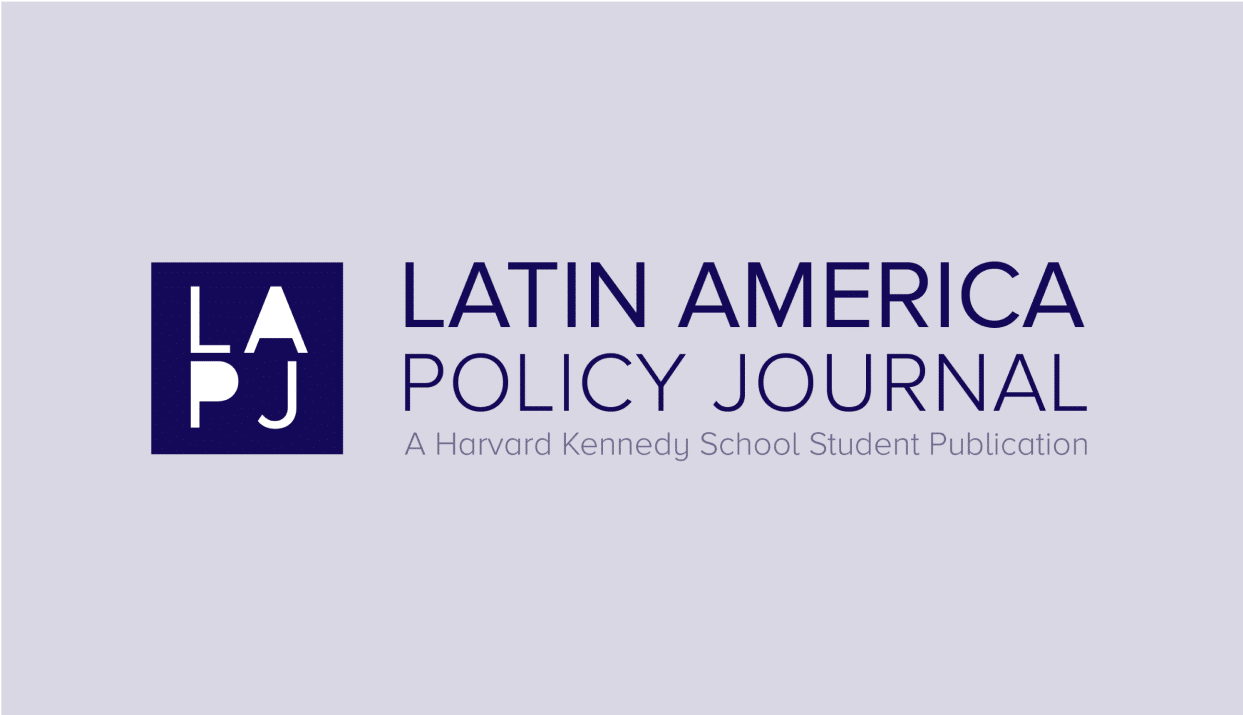
Latin America Policy Journal
The Latin America Policy Journal sought to create a strong community of emerging and united Latin American leaders, to discuss the region’s most pressing problems. Journal contributors included current and former presidents, scholars, policymakers, journalists, and students reflecting on the challenges of democratization in Latin America.
Explore all Articles
filter by–Topic
filter by–Region
filter by–Country
search by–Keyword

The education crisis, a war we cannot lose
02.13.22
Interview to Jaime Saavedra, Global Director Education World Bank To give us some context, what is the post-covid situation of education in LAC (Latin America and the Caribbean) compared with the rest of the world? We cannot talk about post-covid because we are not yet out of the woods. With this in mind, this is […]
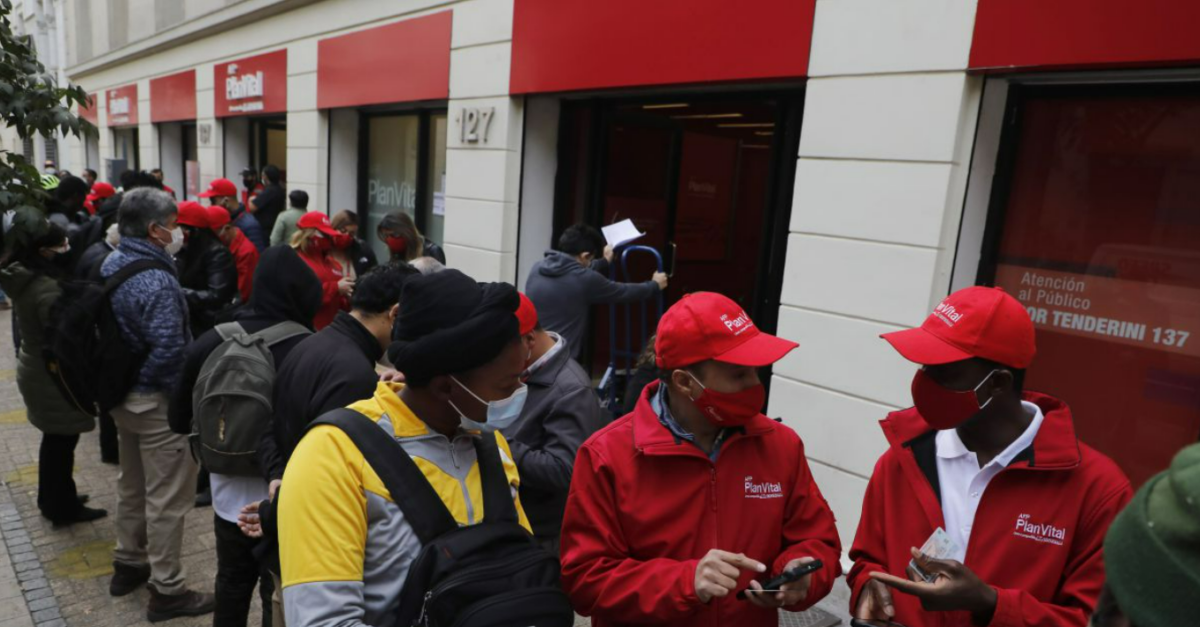
Chilean pension system: what is at stake?
02.13.22
The aging process is unstoppable. We need to adapt ourselves to the demographic transition and build the right policies to deal with this. Using the population projections by the United Nations and the labor force participation by the World Bank, Latin America has 5.2 potential workers[1] per elder; by 2040, that ratio would be 3, […]
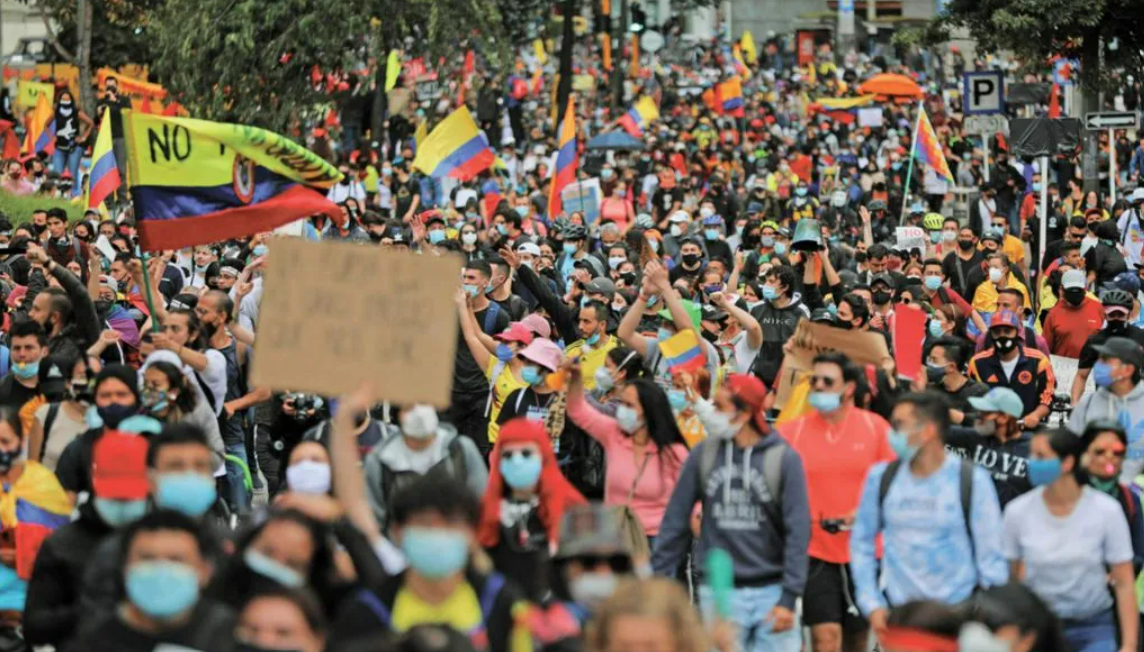
The political leg of policy: the 2021 tax reform that paralyzed Colombia
02.13.22
Colombians were enraged. On May 1st, 2021, amid the third wave of covid-19 cases, a national protest took place where more than 300.000 people blocked roads and cities for more than 50 days. Violence and death sprang on the streets, polarization on social media proved a cracked society, road blockages paralyzed the private sector, and […]
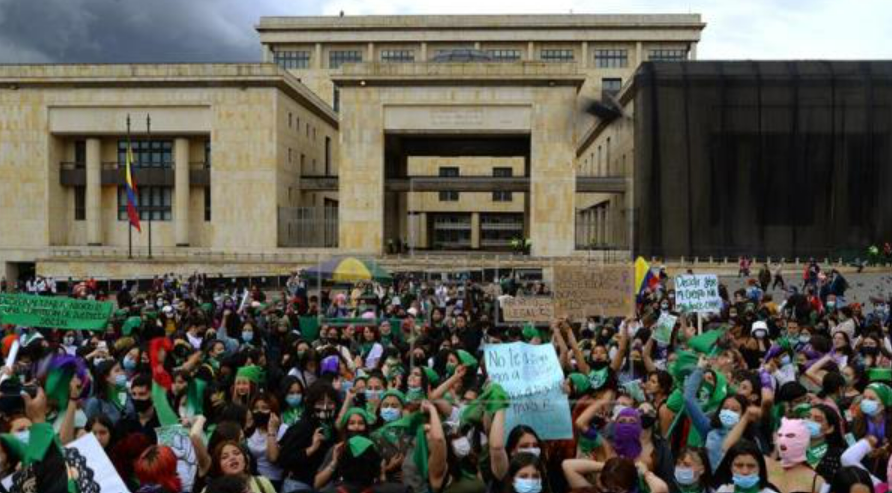
Advancing Abortion Rights from the Constitutional Court to the University Classroom
02.12.22
“My body, my choice!” screamed thousands of women in unison as they waved their emblematic green handkerchiefs in Plaza de Bolivar turning Bogotá into the most recent battlefield of women’s fight towards reproductive autonomy. Colombian feminist collectives are following the example of their Mexican and Argentinian peers in demanding the full legalization of abortion[1]. Abortion […]

Gender policies to bring mothers back to work in Peru
02.12.22
A more efficient allocation of daycare centers, aligned with urban production centers, could allow Peruvian companies to avoid disruption of work, open spaces for women to enter or re-enter the labor market and invest in their current and future workforce. Fewer countries have been hit by the pandemic than Peru, exposing its unstable labor market. […]

Digital Innovation for a Crime Control Strategy in Mexico City
02.12.22
Crime, violence, and a weak rule of law are among Mexico’s most pressing issues. In 2018, the country was ranked 99 out of 102 countries in terms of Order and Security in the World Justice Project Rule of Law Index (WJP 2019). Mexico City is not the exception, where crimes have increased by 58% in […]
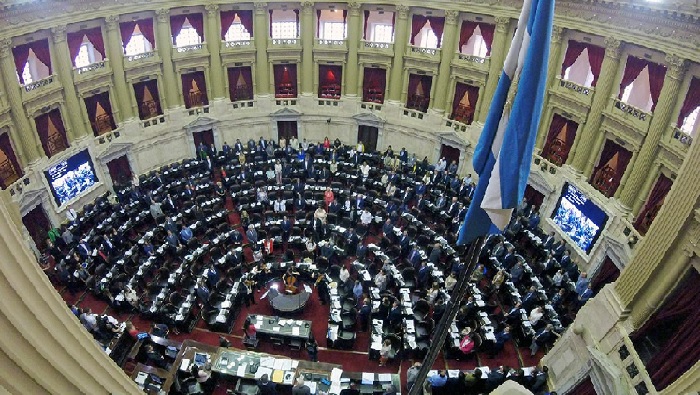
Argentina 2022: Its challenges for next year
12.26.21
In November, the Frente de Todos coalition was defeated by the opposition Juntos por el Cambio in Argentina’s midterm, rocking the boat for the ruling party, thus their internal tensions. Despite this -not new- news, the current administration faces a very-much-complicated 2022, where the fragile economic indicators turn against them: the inflation reached almost 50% […]
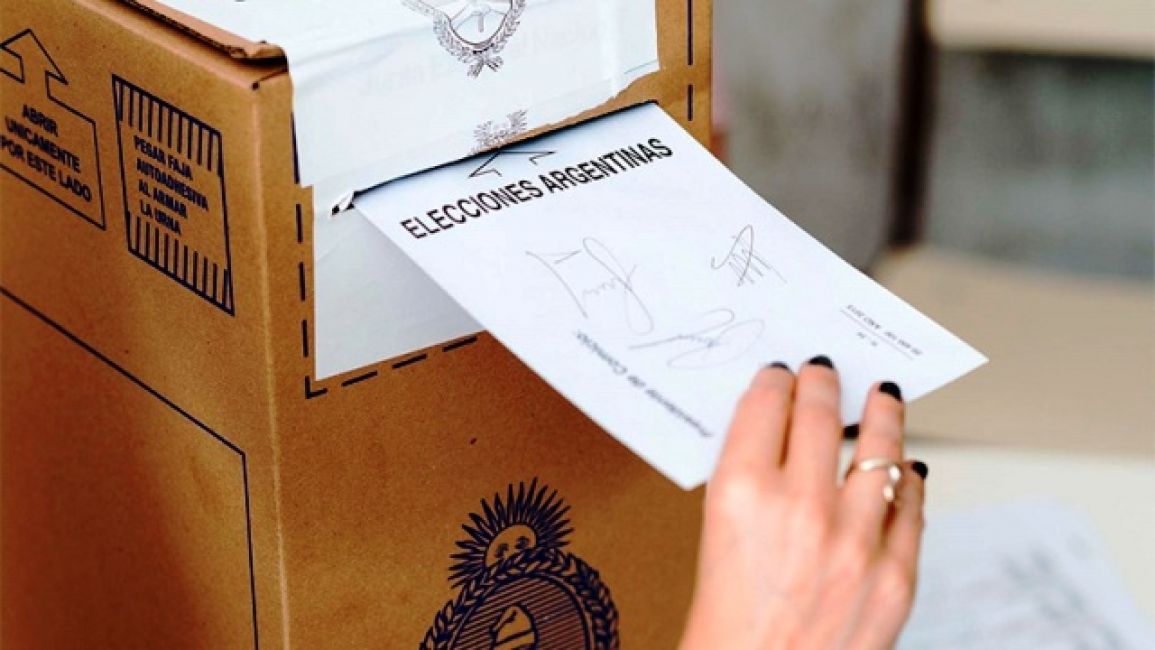
The False Dilemma in the Argentine Election of 2021: Not Whether to Postpone or Suspend the Election, but How to Conduct It
04.26.21
The year 2021 is a year of national elections in Argentina. At the federal level, this election is not for President, but for Congressmen and Congresswomen. Due to the increase in COVID-19 cases across the territory of Argentina, in mid-April, the Argentine Congress announced it will debate postponing the national elections to be held in […]
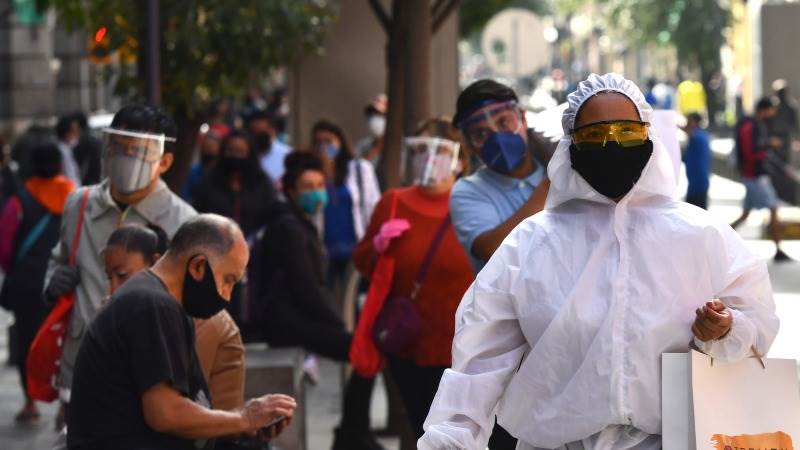
COVID 19, Mass Media and Political Communication: Insights from México’s Federal Government Administration
11.3.20
National polls ran by some of the most renowned national newspapers in México, show that the level of acceptance of the president Andrés Manuel López Obrador is one of the highest in the country’s history. Nevertheless, a highly polarized public opinion about federal government intervention is observable. Considering some research made by the author, it […]
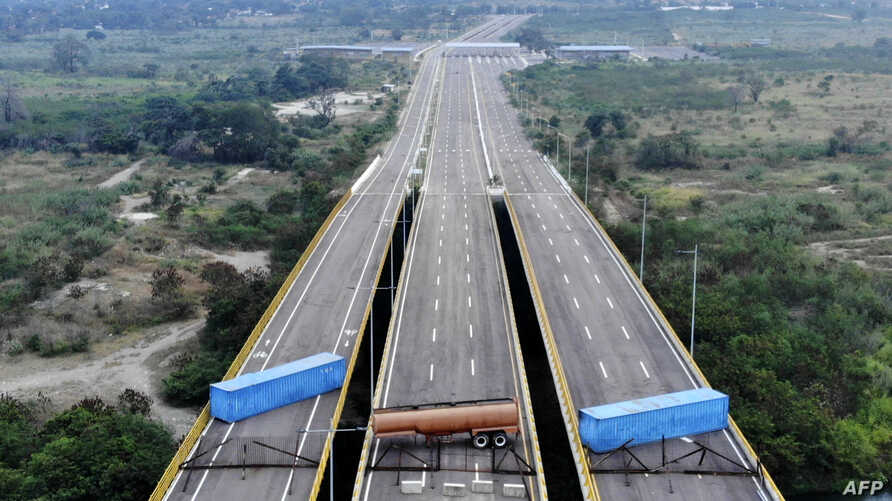
The case of the United States Humanitarian Aid to Venezuela
10.22.20
Declared as one of the worst humanitarian disaster in modern time[i], the global health crisis is further straining Venezuela. The country that lays on the world’s largest oil reserve, is unable to meet people’s basic needs of food, hygiene, and minimal protective equipment[ii] in times of a pandemic. To this end, on September 19, […]
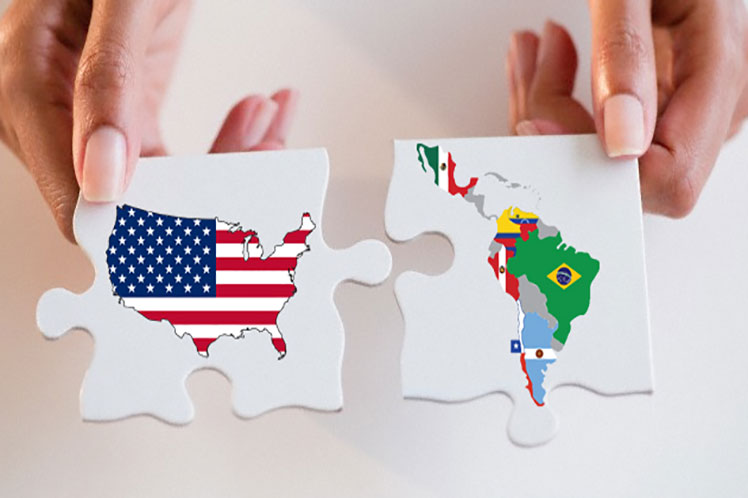
Latin America in the Limbo
10.22.20
When Mauricio Claver-Carone was elected as president of the Inter American Development Bank (IADB) last September, a 60-year tradition was broken, deepening the irrelevancy of Latin America in the global stage. This is so because the IADB, a key player when it comes to funding projects for the Latin American countries, has had a non-written […]
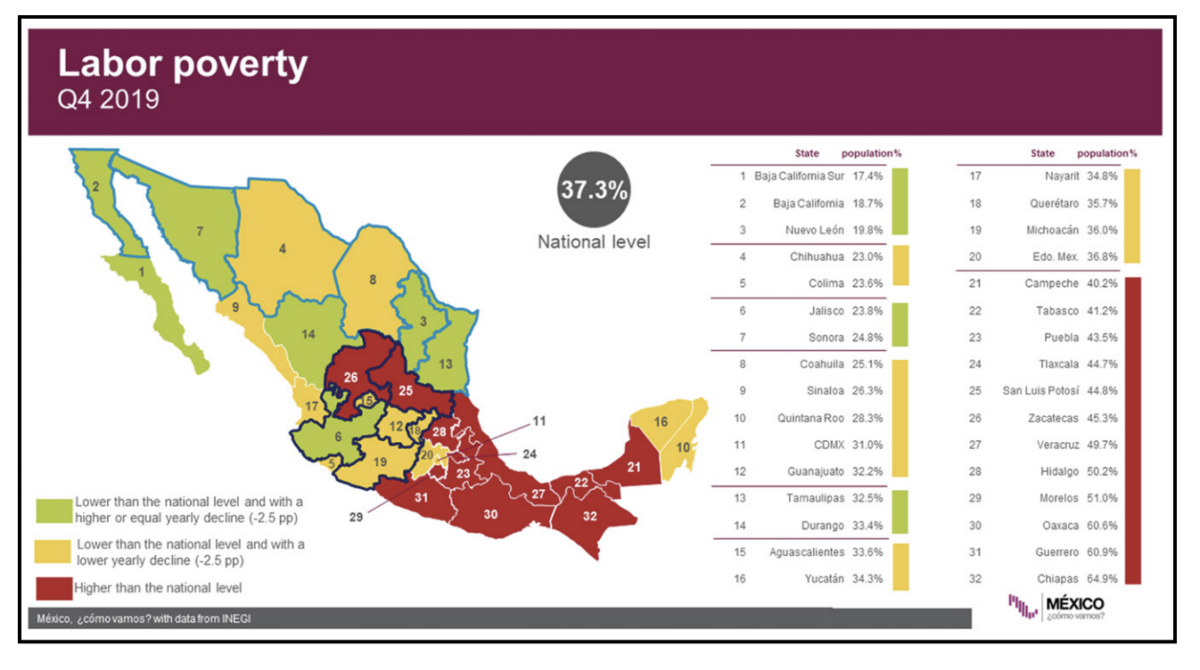
The Ugly and Not-so-ugly Truth About Social Progress in Mexico
05.26.20
On January 30th, 2020, a few moments after Mexico’s Statistical Agency (INEGI) released its advance estimate of the country’s economic growth, Mexico’s President–Andrés Manuel López Obrador (AMLO)–stood in front of reporters for his daily morning press conference. It had become harder for AMLO to dodge the concerns posed by analysts and journalists about the perception of Mexico’s lack of economic growth.